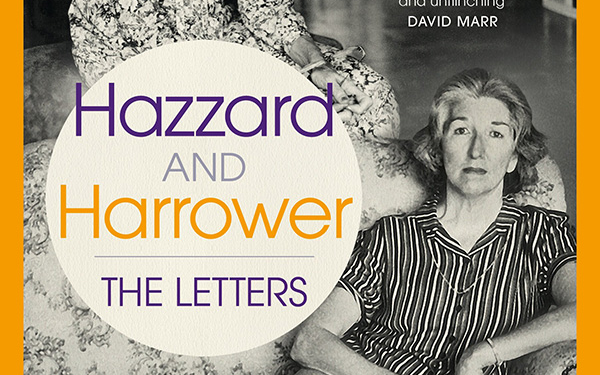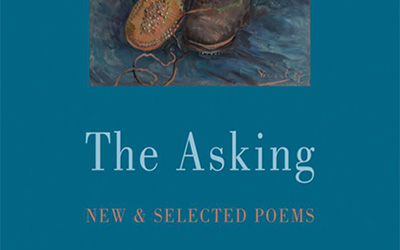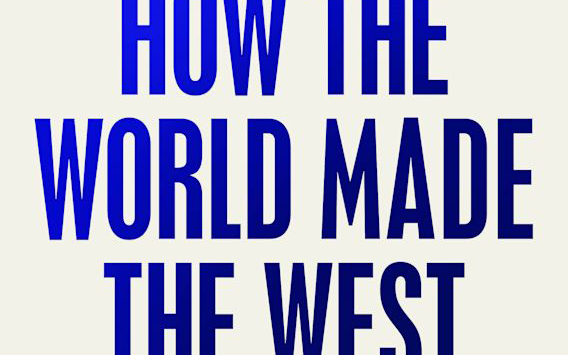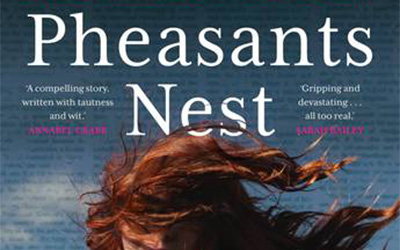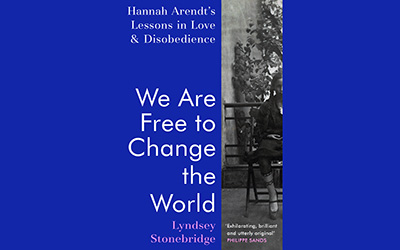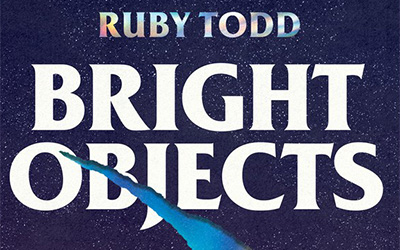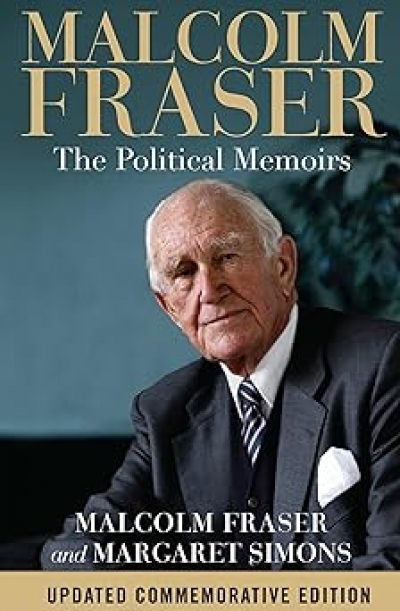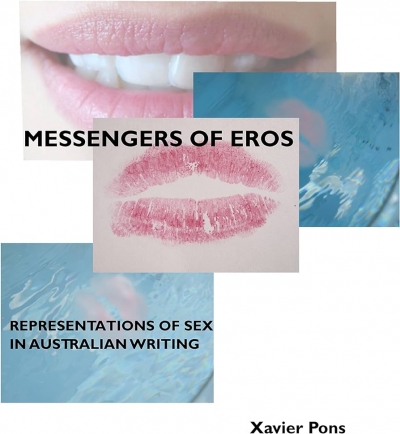John Büsst: Bohemian artist and saviour of reef and rainforest by Iain McCalman
The ‘Bastard of Bingil Bay’ features on no banknote or coin, nor is he listed in any roll-call of ‘important Australians’, and yet, if it were not for John Büsst, it is likely that twenty-odd national parks and rainforest reserves on the far north-east coast of Queensland would not be so designated and might in fact have been obliterated. It is also probable that, without Büsst, today’s fight for the Great Barrier Reef would have already been lost, the vast ecosystem fragmented into a slew of cement quarries and cheap limestone pits. Considering the extent to which this vast coral labyrinth has shaped the identity of modern Australia, the relative absence of Büsst’s influence from the historical record is doubtless representative of the many such travesties historians seek to rectify.






